September 2018
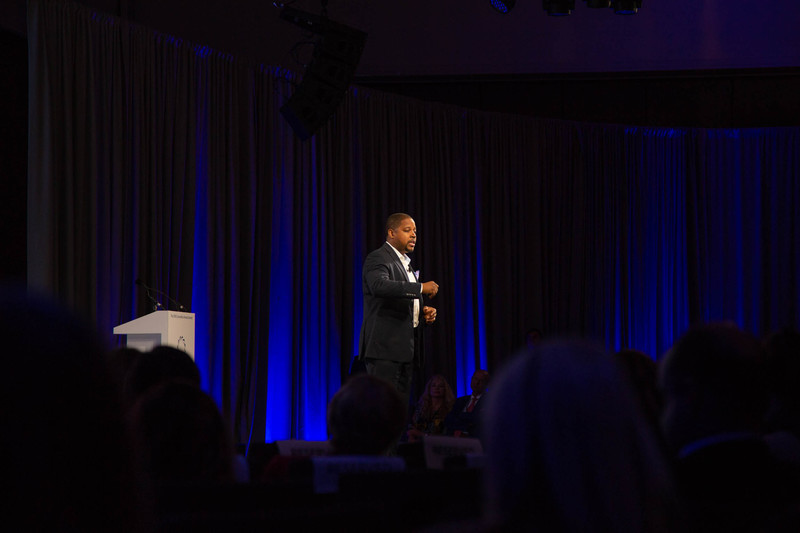
Equation for Transformation
September 26, 2018
On September 25, Dr. Chris Jones, executive director and lead maker of Winrock International’s Arkansas Regional Innovation Hub, appeared on the plenary stage at the Concordia Summit, an annual global affairs forum in New York City that brings together heads of state, Fortune 50 executives and other thought leaders. Here is Jones’s presentation: If you […]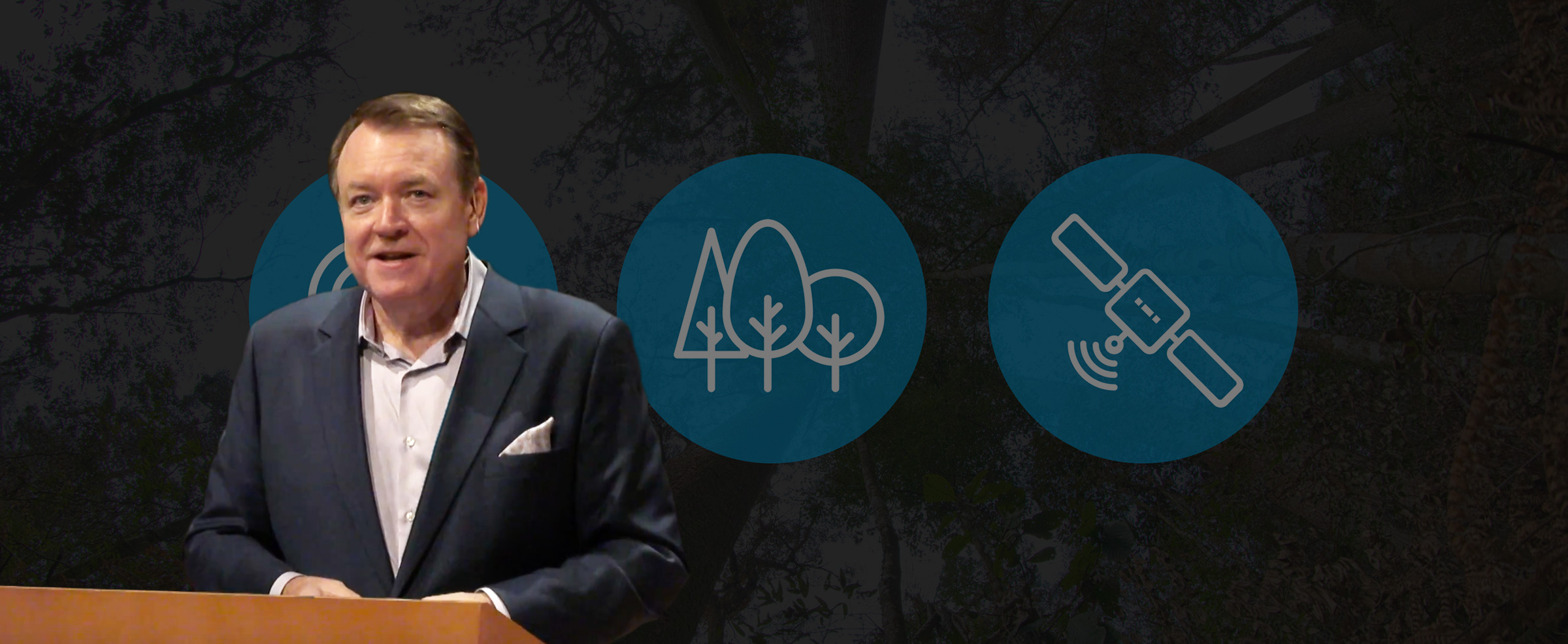
Address of Winrock President and CEO Rodney Ferguson to Redlands Forum
September 25, 2018
Well, thank you, Shelly, and thank all of you for coming out tonight. When I heard that I’m coming before Dolores Huerta, it’s pretty daunting. I don’t have 11 kids, either. Also, I’d like to thank the colleagues at Esri, Jack and Laura Dangermond for their support, and the University of Redlands and the Town […]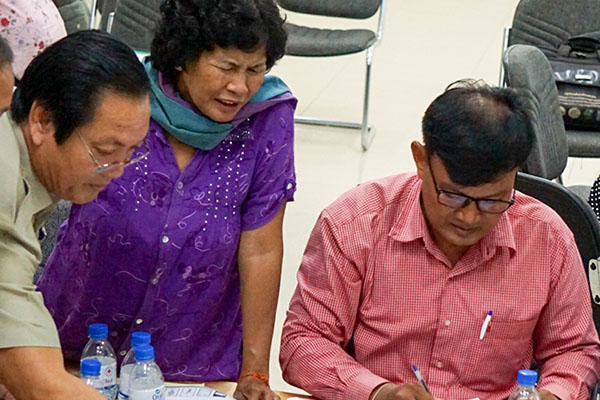
Thinking Like a Water Model
September 19, 2018
In the Stung Chinit basin of Cambodia, rice farmers and fishermen depend on the same water. More rice means more water diverted from the river – and if too much water is diverted, unhealthy river flows lead to fewer fish. But that doesn’t mean the two sectors must be at odds. Last month, my colleagues […]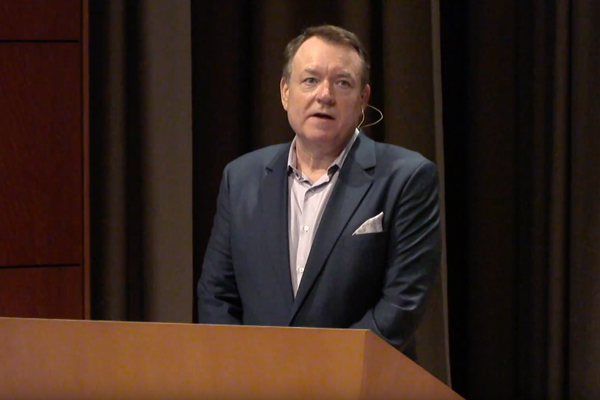
The Future of Forests: An Optimist’s View
September 17, 2018
“I believe that there’s hope, there’s great hope for us to change the course of the future of the planet,” said Winrock President and CEO Rodney Ferguson at the Redlands Forum in Redlands, California. “And the way we can do that is through the application of technology.” The Redlands Forum, sponsored by the mapping technology […]
Pumps and Pineapples
September 13, 2018
Small and medium-scale farmers in Guinea face a common problem that threatens food security, constrains agricultural production and limits incomes. And young entrepreneurs-in-training are helping solve it with motorbikes. “Here in Lower Guinea, we have an irrigation problem,” says Mamadou Sidibe. He is one of many young people gaining hands-on experience in agricultural extension, entrepreneurship […]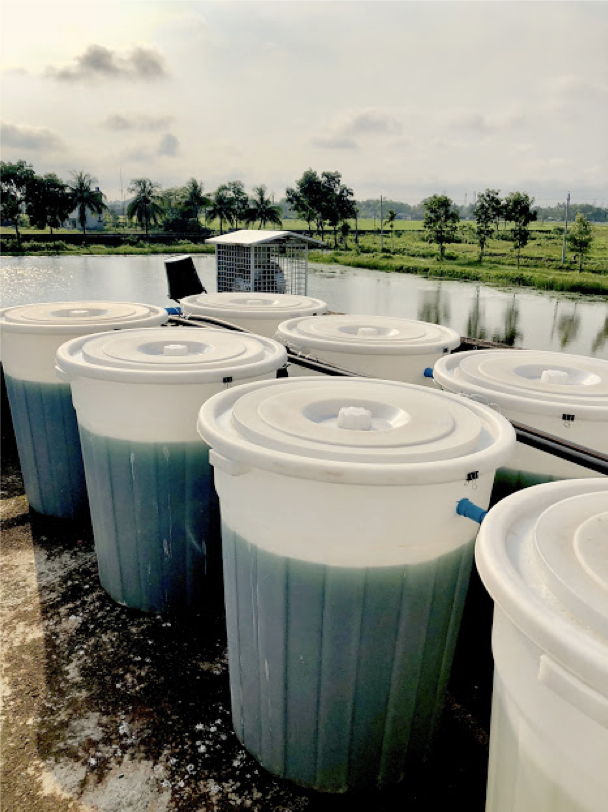
Three Steps to $3 Million
September 13, 2018
Could algae address the coming food crisis and provide additional income for women? A European investment firm answered that question with a resounding ‘Yes!’ with their $3 million stake into EnerGaia, a spirulina cultivation technology firm based in Thailand and actively supported by USAID’s Feed the Future Asia Innovative Farmers Activity. To bring this critical […]
Sustainable Development and Science: Bridging the Gap with Tools
September 12, 2018
While sipping your tea this morning, chances are you weren’t thinking about the journey it made to reach your cup. A world away, on a plantation in the Central Highlands of Vietnam, those tea leaves grew, were handpicked by farm workers and hauled off in diesel trucks to processors who fermented and dried them. The […]